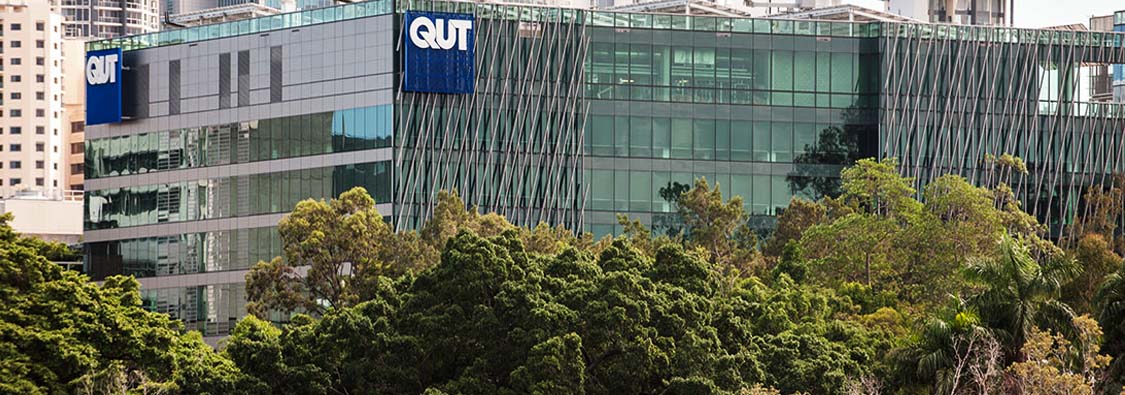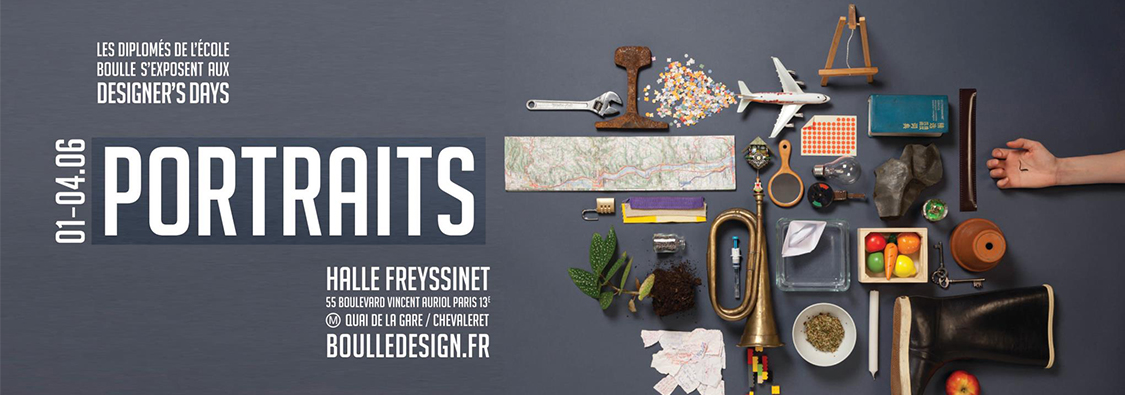
CHARLOTTE KESSLER
Events

The International Conference on Environmental, Cultural, Economic, and Social Sustainability attendees include leaders in the field, as well as emerging scholars, who travel to the conference from all corners of the globe and represent a broad range of disciplines and perspectives.
Link to the On Sustainability conference website here
Title of presentation: “Re-connecting design, education and sustainability: the essential role of research in higher education curriculum development”
See more here

Abstract of presentation:
My overall research aims to examine how sustainability can best be implemented to the design curriculum and pedagogical approaches of higher education structures. Sustainability (including ecological, cultural and economic factors), as recognised by most educational structures and institutions, needs to become a main component of education curricula and more particularly in design courses. Sustainability as a curricular component to design has been implemented to varying degrees and effects across a number of universities worldwide. Yet, it is clear that there is space for research and improvement since a number of issues remain. While previous research in this field highlighted strategies and methods for a better implementation of sustainability as a curricular component, it is of limited scope as the proposed strategies and methods are mainly tested through their use in specific units without addressing the curriculum from a broader perspective. My main project proposes to develop a contextual review aiming to identify how effectively sustainability has been implemented to the design curricula in higher education while highlighting potential for improvement. For the purpose of this symposium, I would like to focus more specifically on paper I am co-authoring which concerns sustainability in terms of the students’ ability to learn effectively, with a particular interest for the design context. Using the “screens down, screens up” learning strategy as a successful example for effective learning, this research looks at the impact of using technological devices in the classroom and the limitations of multitasking in learning environments.

The intent of this “hothouse” was to bring together a collection of people from Greece and around the world in order to confront local issues. The conversation was grounded in the identification and elaboration of local agendas using design as a tool for change. The main themes of these agendas were: repair, local economies, knowledge and skills exchange and education for sustain-ability.
The Thessaloniki Hothouse is an Urmadic University project, a nomadic educational institution focusing on implementing sustain-able design solutions to address local issues in various places around the world. This institution also questions the notion of design education, exploring different ways of learning design.
See more here

This service design project aims to connect land owners and gardeners in the urban context. The issues addressed though this project are both ecological and social. By implementing food production solutions to the urban landscape, the project promotes responsible food production and consumption. By connecting people from various background and demographics, it focuses on skills building and intercultural exchanges as well as avoiding social isolation.
The “Designer’s Days” is an event held yearly in Paris. For a week, design galleries, museums, agencies schools and other design related places open to the public, proposing a variety of exhibitions, installations and talks dedicated to promoting design both on a national and international level.
See more here